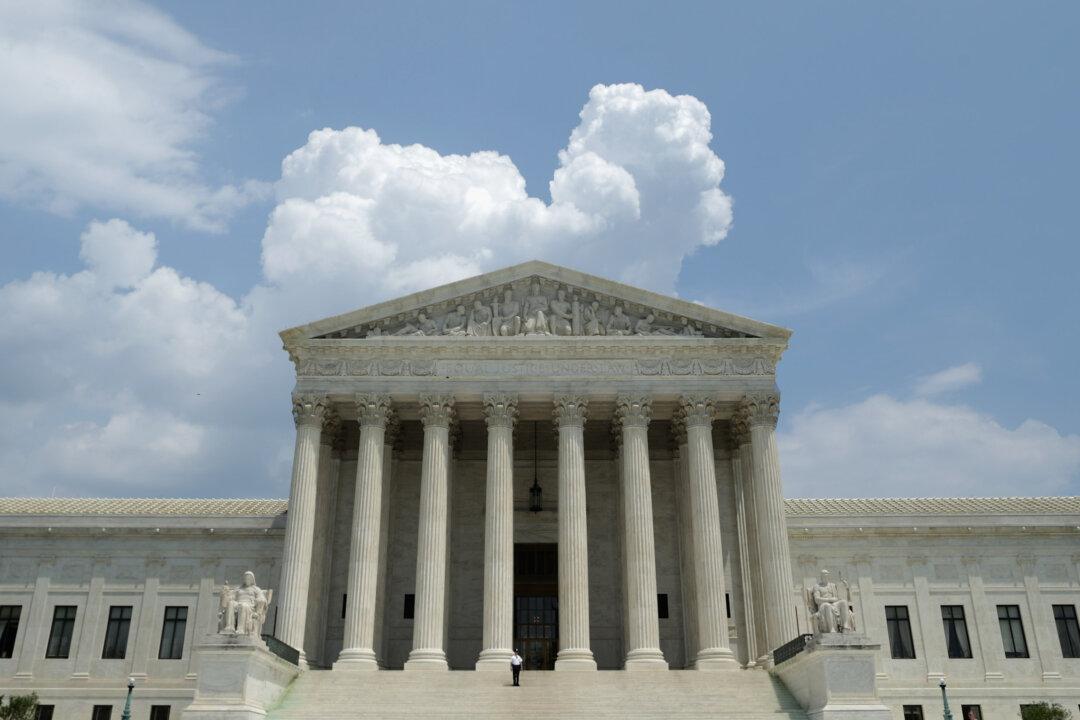The Supreme Court has refused to put on hold a decision by a federal court in Mississippi that found the state’s public education system provided inadequate education to the state’s black children.
The case is Reeves v. Williams, court file 20A126. The application to recall and stay the mandate of the U.S. Court of Appeals for the 5th Circuit was presented to Justice Samuel Alito, who then referred the matter to the full Supreme Court.





